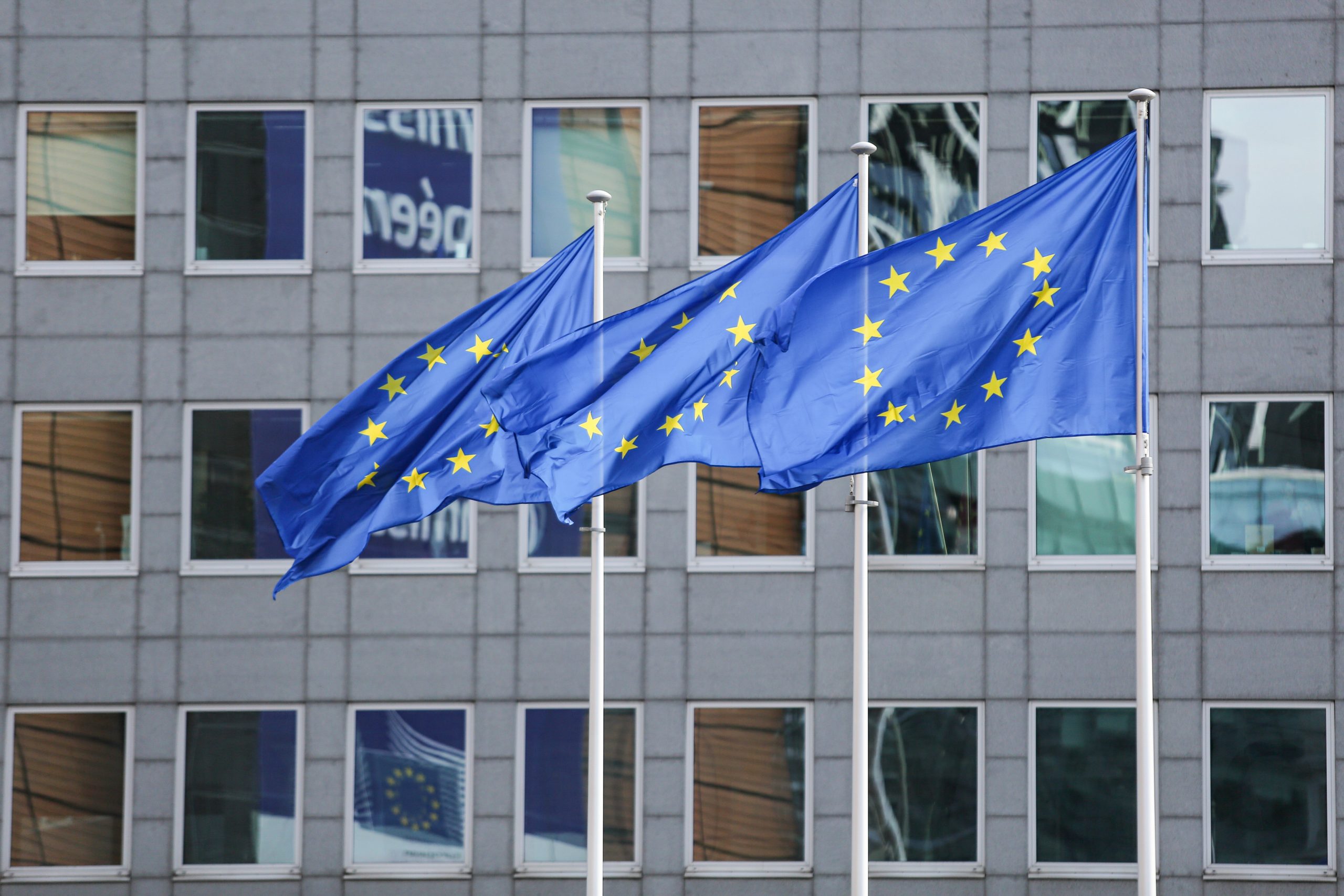‘Chaos theory suggests that in a deterministic system, if the equations describing behaviors are nonlinear, a tiny change in the initial conditions can lead to an unpredictable result.’ Social sciences are nonlinear. Predictability is out of the question when ‘episteme’ emanates from human-rooted action. It is a dangerous habit. Yet a future-looking policy, commanding accuracy, has to be made. Concerning Europe’s future endeavors, a few things need to be made clear.
In a recent working breakfast organized by ELIAMEP and DIKTIO on geopolitics trumping geoeconomics, keynote speaker Pascal Lamy argued that “China has to distinguish, upon reference, between the US and the EU.” He declared that “China must recognize the existence of definite EU characteristics. We are not the same as the US.”
Even though the most ardent ‘Europhiles’ find it difficult to justify such a statement, it does resonate with a fundamental verity. Europe will continue to be a core part of the so-called ‘west encampment’. Only now, this has to occur under a distinct geopolitical entity. A Union bound in common cause. Not a scattered cluster of similarly-minded actors. Not a collection of States that happen to present corresponding interests. The latter is a luxury we cannot afford. The first constitutes a necessity of elemental ‘complexion’. For Europe to be part of a conclave ‘sketching’ tomorrow’s portrait, it needs a seat at the table. One must represent interests. One must speak for a formidable and unique sociopolitical environment. First, though, Europe has to clarify where its interests lie.
In the words of President Macron, “the great risk” Europe faces is that it “gets caught up in crises that are not ours.” Lamy indicated that “China may not be a threat”. Perhaps a policy of “de-risking rather than de-coupling” is preferable. To be accurate, Germany’s economy is already linked with the Chinese market. If “de-coupling” constitutes an answer, then who’s going to pay for it?
If not China, then where? Africa is the answer. It constitutes the fundamental difference between Europe’s and America’s strategic interests. Indeed, the geopolitical center of balance finds its place in the US-Chinese relationship. Europe at the moment, gains only a ‘vassal’ status from it.
On the other hand, our interests should be ‘made in Africa’. To be fair, in terms of history and culture, already are. Perhaps another T.I.N.A. (there is no alternative) moment is what we are facing. Russia (already China’s vassal) appears to be Europe’s main adversary. Ukraine does not constitute the only ‘coordinates’ we face Putin by proxy. Of equal strategic importance is Russia’s rampaging ‘enterprise’ (via Wagner) in the Sahel.
An opportunity arises to re-examine Europe’s position amidst the so-called ‘neo-Cold War’, the friction between the US and China. A focus on Africa bestows Europe a seat at the “grand” table. It diversifies the relative discourse. It “bends” the story to better fit its narrative. This case is an existential one. Otherwise, “vassalisation” leads to stagnation, and the next stage usually appears to be decay.
*Dimitris Kollias is Junior Research Fellow – Programme Manager, ELIAMEP



